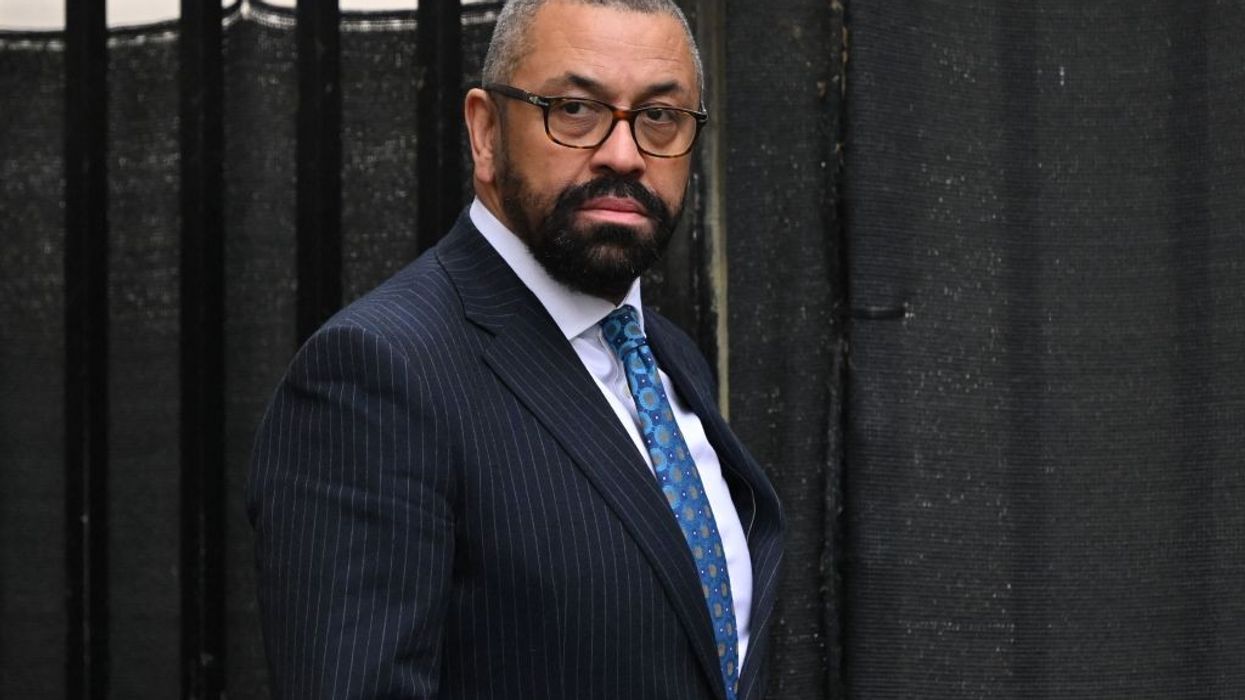The UK government made its first major commitment to support UN security council reforms and India’s permanent membership in the council as part of a refreshed defence and foreign policy review tabled in Parliament on Monday (13).
As part of the 'Integrated review refresh 2023: responding to a more contested and volatile world’, the government believes the Indo-Pacific is no longer just a tilt but a permanent pillar of Britain’s foreign policy.
“Moving beyond IR2021, the UK will support reform of the UNSC – and would welcome Brazil, India, Japan and Germany as permanent members,” the review tabled by UK foreign secretary James Cleverly has stated.
“This is the first time we have it within a UK policy document and putting it before Parliament that we will support UNSC reforms. That is an evolution in the UK’s position. We also say that we support permanent African membership,” British prime minister Rishi Sunak’s spokesperson on foreign affairs said at a Downing Street briefing.
“India is very firmly a key priority relationship for us. We are very clear that we are going to keep developing the 2030 Roadmap and working towards an FTA. We have really welcomed the increasing depth of the relationship over the last couple of years and are clear about developing that as part of our broader posture,” the Downing Street spokesperson said.
While the UK’s foreign policy focus broadly remains unchanged on working with like-minded democracies, there is a discernible pragmatic approach towards engaging in wider dialogues that help maintain an open and stable international order.
“China poses an epoch-defining challenge to the type of international order we want to see, both in terms of security and values – and so our approach must evolve," the review said.
“We will work with our partners to engage with Beijing on issues such as climate change. But where there are attempts by the Chinese Communist party to coerce or create dependencies, we will work closely with others to push back against them.”
According to the review, the security and prosperity of the Euro-Atlantic will remain the UK's core priority, bolstered by a reinvigoration of our European relationships.
"But that cannot be separated from our wider neighbourhood on the periphery of our continent and a free and open Indo-Pacific. We will deepen relationships, support sustainable development and poverty alleviation, and tackle shared challenges including climate change,” the review stated.
It also sets out a number of additional priorities including the creation of a new national protective security authority within the MI5 security service to provide a wide range of UK businesses and other organisations with immediate access to expert security advice.
There is also a doubling of funding for a government-wide “China Capabilities programme”, including investing in Mandarin language training and diplomatic China expertise.
A college for national security curriculum will also be rolled out to bolster national security capabilities across the British government.
An additional £20 million funding will be provided by the UK foreign, commonwealth and development office for the BBC World Service, ensuring it can continue to provide 42 language services around the world and counter disinformation.
“This one-off funding will allow the BBC World Service to maintain its unrivalled status as the world’s largest international broadcaster, and to continue playing its crucial role in tackling harmful disinformation through providing trusted, impartial news and analysis globally,” said Cleverly.
(PTI)





